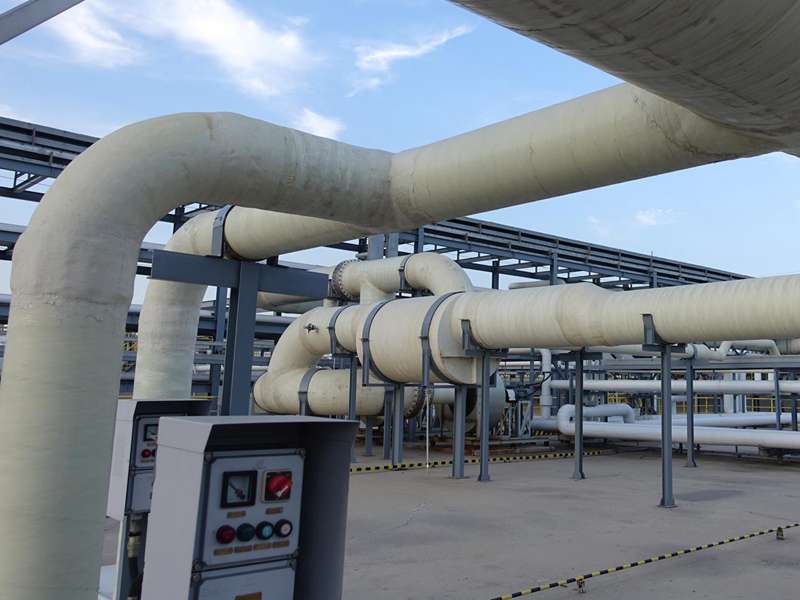
-
 Afrikaans
Afrikaans -
 Albanian
Albanian -
 Amharic
Amharic -
 Arabic
Arabic -
 Armenian
Armenian -
 Azerbaijani
Azerbaijani -
 Basque
Basque -
 Belarusian
Belarusian -
 Bengali
Bengali -
 Bosnian
Bosnian -
 Bulgarian
Bulgarian -
 Catalan
Catalan -
 Cebuano
Cebuano -
 China
China -
 China (Taiwan)
China (Taiwan) -
 Corsican
Corsican -
 Croatian
Croatian -
 Czech
Czech -
 Danish
Danish -
 Dutch
Dutch -
 English
English -
 Esperanto
Esperanto -
 Estonian
Estonian -
 Finnish
Finnish -
 French
French -
 Frisian
Frisian -
 Galician
Galician -
 Georgian
Georgian -
 German
German -
 Greek
Greek -
 Gujarati
Gujarati -
 Haitian Creole
Haitian Creole -
 hausa
hausa -
 hawaiian
hawaiian -
 Hebrew
Hebrew -
 Hindi
Hindi -
 Miao
Miao -
 Hungarian
Hungarian -
 Icelandic
Icelandic -
 igbo
igbo -
 Indonesian
Indonesian -
 irish
irish -
 Italian
Italian -
 Japanese
Japanese -
 Javanese
Javanese -
 Kannada
Kannada -
 kazakh
kazakh -
 Khmer
Khmer -
 Rwandese
Rwandese -
 Korean
Korean -
 Kurdish
Kurdish -
 Kyrgyz
Kyrgyz -
 Lao
Lao -
 Latin
Latin -
 Latvian
Latvian -
 Lithuanian
Lithuanian -
 Luxembourgish
Luxembourgish -
 Macedonian
Macedonian -
 Malgashi
Malgashi -
 Malay
Malay -
 Malayalam
Malayalam -
 Maltese
Maltese -
 Maori
Maori -
 Marathi
Marathi -
 Mongolian
Mongolian -
 Myanmar
Myanmar -
 Nepali
Nepali -
 Norwegian
Norwegian -
 Norwegian
Norwegian -
 Occitan
Occitan -
 Pashto
Pashto -
 Persian
Persian -
 Polish
Polish -
 Portuguese
Portuguese -
 Punjabi
Punjabi -
 Romanian
Romanian -
 Russian
Russian -
 Samoan
Samoan -
 Scottish Gaelic
Scottish Gaelic -
 Serbian
Serbian -
 Sesotho
Sesotho -
 Shona
Shona -
 Sindhi
Sindhi -
 Sinhala
Sinhala -
 Slovak
Slovak -
 Slovenian
Slovenian -
 Somali
Somali -
 Spanish
Spanish -
 Sundanese
Sundanese -
 Swahili
Swahili -
 Swedish
Swedish -
 Tagalog
Tagalog -
 Tajik
Tajik -
 Tamil
Tamil -
 Tatar
Tatar -
 Telugu
Telugu -
 Thai
Thai -
 Turkish
Turkish -
 Turkmen
Turkmen -
 Ukrainian
Ukrainian -
 Urdu
Urdu -
 Uighur
Uighur -
 Uzbek
Uzbek -
 Vietnamese
Vietnamese -
 Welsh
Welsh -
 Bantu
Bantu -
 Yiddish
Yiddish -
 Yoruba
Yoruba -
 Zulu
Zulu
fgd scrubber
The Importance of FGD Scrubbers in Modern Industry
Flue Gas Desulfurization (FGD) scrubbers play a critical role in managing environmental impacts associated with industrial processes, particularly in the power generation sector. As regulations surrounding air quality become increasingly stringent, FGD scrubbers have emerged as essential technologies for reducing sulfur dioxide (SO2) emissions, thereby contributing to cleaner air and a healthier environment.
Understanding FGD Scrubbers
FGD scrubbers are systems designed to remove sulfur compounds from flue gases emitted by power plants, industrial facilities, and other combustion sources. The process typically involves a chemical reaction in which the sulfur dioxide gas is absorbed by a reagent, commonly a slurry of limestone or lime. During this interaction, the SO2 is converted into a solid byproduct, such as calcium sulfate (gypsum), which can be repurposed in construction materials, further enhancing the sustainability of the operations.
Environmental Regulations and Compliance
The implementation of FGD scrubbers has been largely driven by environmental regulations aimed at reducing air pollutants. In many countries, legislation mandates limits on SO2 emissions to address the detrimental effects of acid rain, respiratory problems, and other health issues linked to air pollution. FGD scrubbers allow industries to comply with these regulations while continuing their operations. By significantly lowering SO2 emissions, these systems play a pivotal role in mitigating environmental degradation.
Technology Advancements and Efficiency
Recent advancements in FGD technology have allowed for increased efficiency and reduced operational costs. Modern scrubbers incorporate sophisticated control systems that optimize reagent usage and energy input, leading to enhanced performance. For instance, new configurations, such as spray tower scrubbers and circulating fluidized bed (CFB) scrubbers, offer improvements in SO2 removal rates and overall efficiency.
Moreover, the integration of automation and real-time monitoring technologies has streamlined the operation of FGD systems, making it easier for facilities to manage emissions dynamically. These innovations not only maximize the efficacy of the scrubbers but also ensure compliance with evolving regulations, providing peace of mind to operators and stakeholders alike.
fgd scrubber

Economic Considerations
While the initial investment in FGD scrubbers may be substantial, the long-term economic benefits outweigh the costs. Facilities equipped with scrubbers often experience lower costs associated with regulatory fines and potential legal actions due to non-compliance. Additionally, the ability to market byproducts, such as gypsum, can create new revenue streams, further offsetting operational costs.
Furthermore, as the global demand for cleaner energy sources increases, industries that adopt FGD technologies position themselves as leaders in environmental stewardship. This proactive stance not only enhances corporate reputation but can also attract environmentally conscious investors and customers.
Challenges and Future Perspectives
Despite their benefits, the implementation of FGD scrubbers is not without challenges. Factors such as the disposal of sludge byproducts, water consumption, and maintenance costs can present obstacles. However, ongoing research is focused on developing new technologies and processes that minimize these drawbacks. Innovations like dry FGD systems and advanced sorbents are being explored to reduce water usage and byproduct volume.
Looking ahead, the role of FGD scrubbers will likely expand as more stringent global emissions standards emerge. Industries across the world will need to adopt cleaner technologies to achieve sustainability goals. This shift is expected to drive further innovation in the sector, leading to the development of next-generation FGD systems that are even more effective and environmentally friendly.
Conclusion
In summary, FGD scrubbers are vital technologies for reducing sulfur dioxide emissions in industrial applications. As environmental regulations continue to evolve and the demand for clean air rises, these systems will play a crucial role in achieving compliance and fostering sustainable practices. With advancements in technology, economic incentives, and a growing commitment to environmental health, FGD scrubbers will remain a cornerstone of modern industrial operations, paving the way for a cleaner and more sustainable future.









